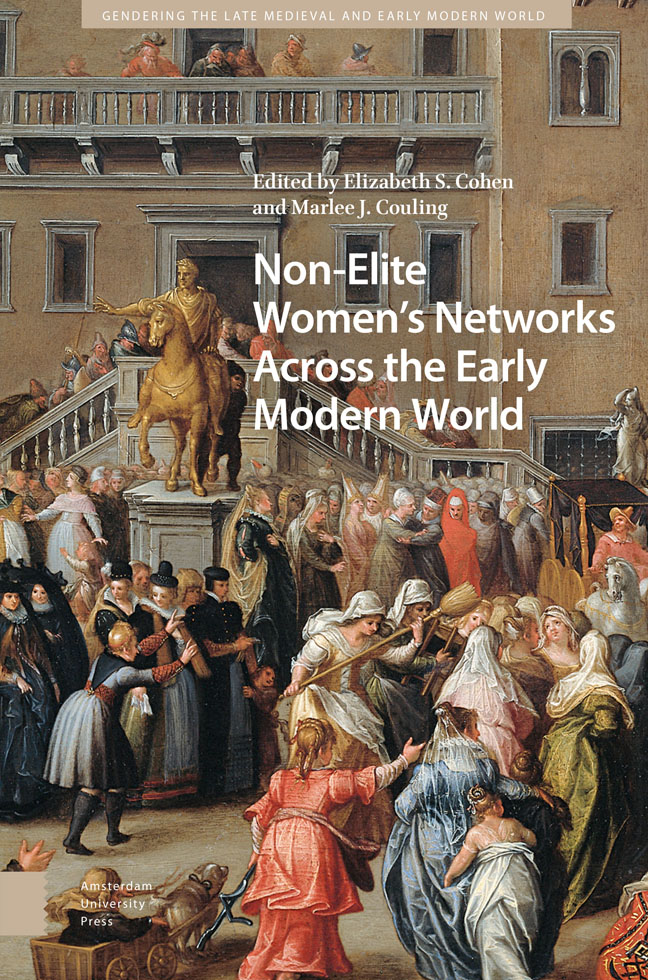3 - The “Queen of Algiers”: An Enterprising Renegade in the Rome of Pope Sixtus V
Published online by Cambridge University Press: 20 February 2024
Summary
Abstract: This chapter reconstructs the travels of two marginalized, Cypriot Greeks, the young Anna and her mother Angela. In the wake of Lepanto in 1571, they were trafficked as captives across the Mediterranean; in Algiers, they became the renegade wives of Muslim men. In 1587, they reclaimed control of their fates, negotiating a dangerous and expensive return to Christendom for themselves, Angela's renegade husband, two children, and nine black slaves. Accounts both factual and fictional celebrated the refugees and their protectors, Sixtus V and the Roman confraternity that sponsored their rescue. These captives turned catechumens navigated the networks of papal Rome with the aid of Camilla Peretti and Giulia Orsini, both active in church reform and women's welfare. Yet, their social capital eroded with the pope's demise in 1590.
Keywords: Algiers, Rome, Sixtus V, women travelers, renegades, captives, Catechumens
This chapter presents a case study from late sixteenth-century Rome involving marginalized, non-elite women who, having been trafficked across the Mediterranean as captives, collaborated on a plan to return to Christendom. In North Africa, they negotiated with church officials and lay confraternity members, but also with former captives to set their plan into motion. In Rome, they were sponsored by the papal court, urban elites, and women active in church reform. A variety of manuscript and printed sources offer differing accounts of the affair, ranging from prosaic details about finances to sensationalized tales of their miraculous escape. In a time of religious dissension across Europe, these texts, including one engraving, spread the message of Catholic mercy and triumph. Although their transactions afforded the women greater control of their fates and the path to salvation, their social capital eroded after the demise of Pope Sixtus V in 1590.
In early October 1587, a group of refugees from Algiers arrived in Rome. The leader of the expedition, a Greek renegade called Anna, seized the opportunity to escape when her husband, a high-ranking Ottoman official, went to Istanbul. A Sardinian bishop worked alongside the Archconfraternity of the Gonfalone to bring the group to the Eternal City where Anna, her mother Angela, daughters Maria and Caterina, her servants, and slaves all came under the protection of Pope Sixtus V. This former captive turned catechumen exhibited remarkable ingenuity and resilience while negotiating with both the ecclesiastical and lay circles of papal Rome.
- Type
- Chapter
- Information
- Non-Elite Women's Networks across the Early Modern World , pp. 61 - 82Publisher: Amsterdam University PressPrint publication year: 2023

